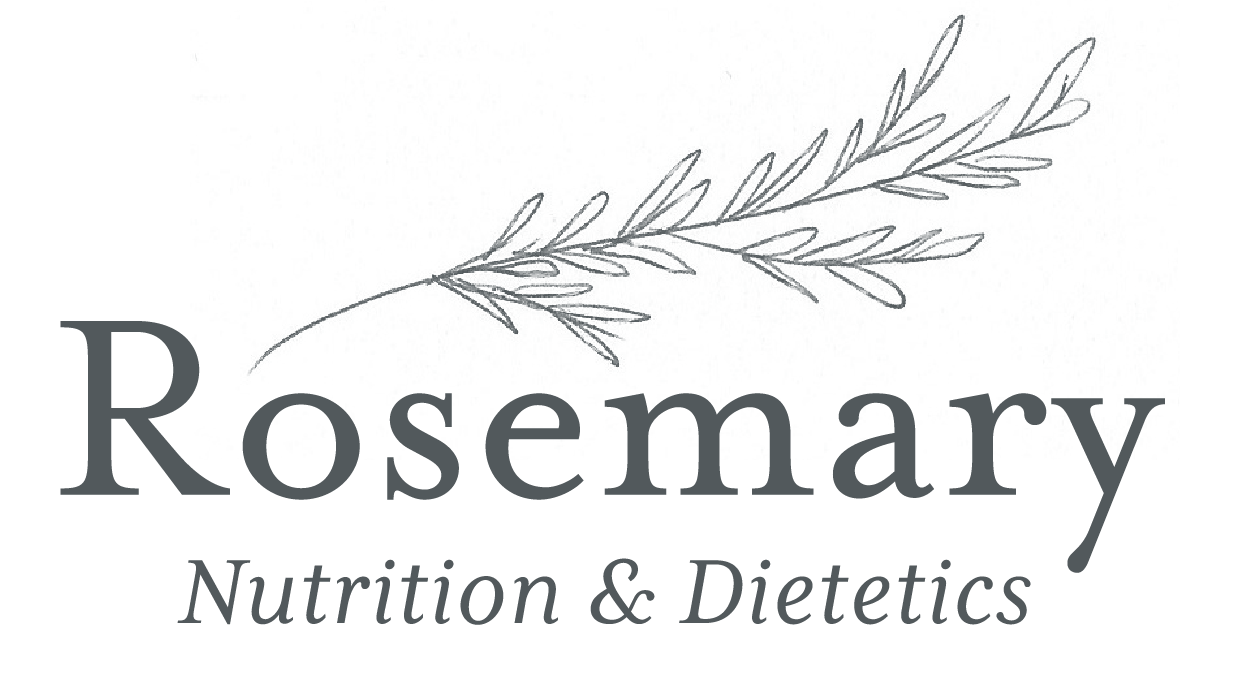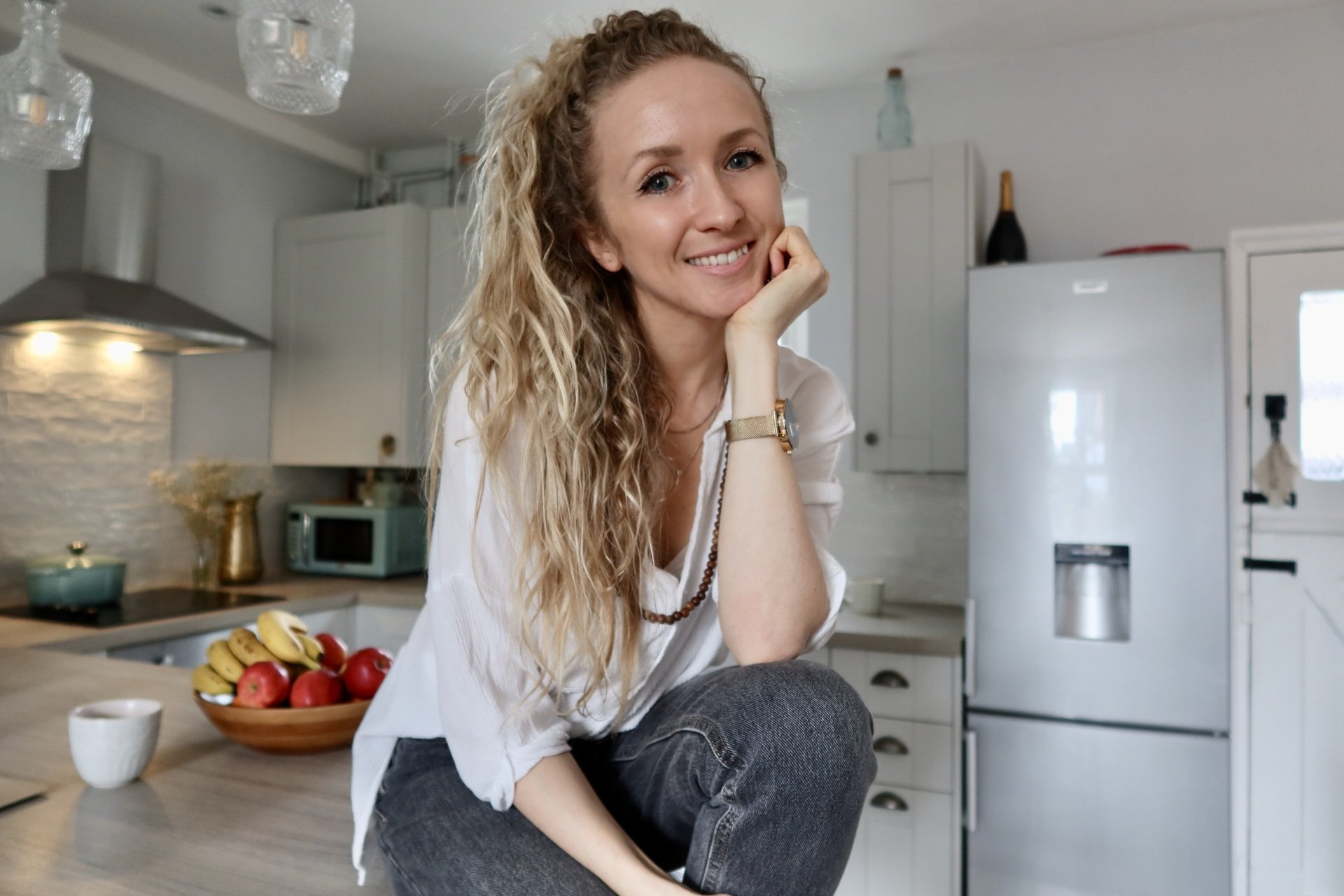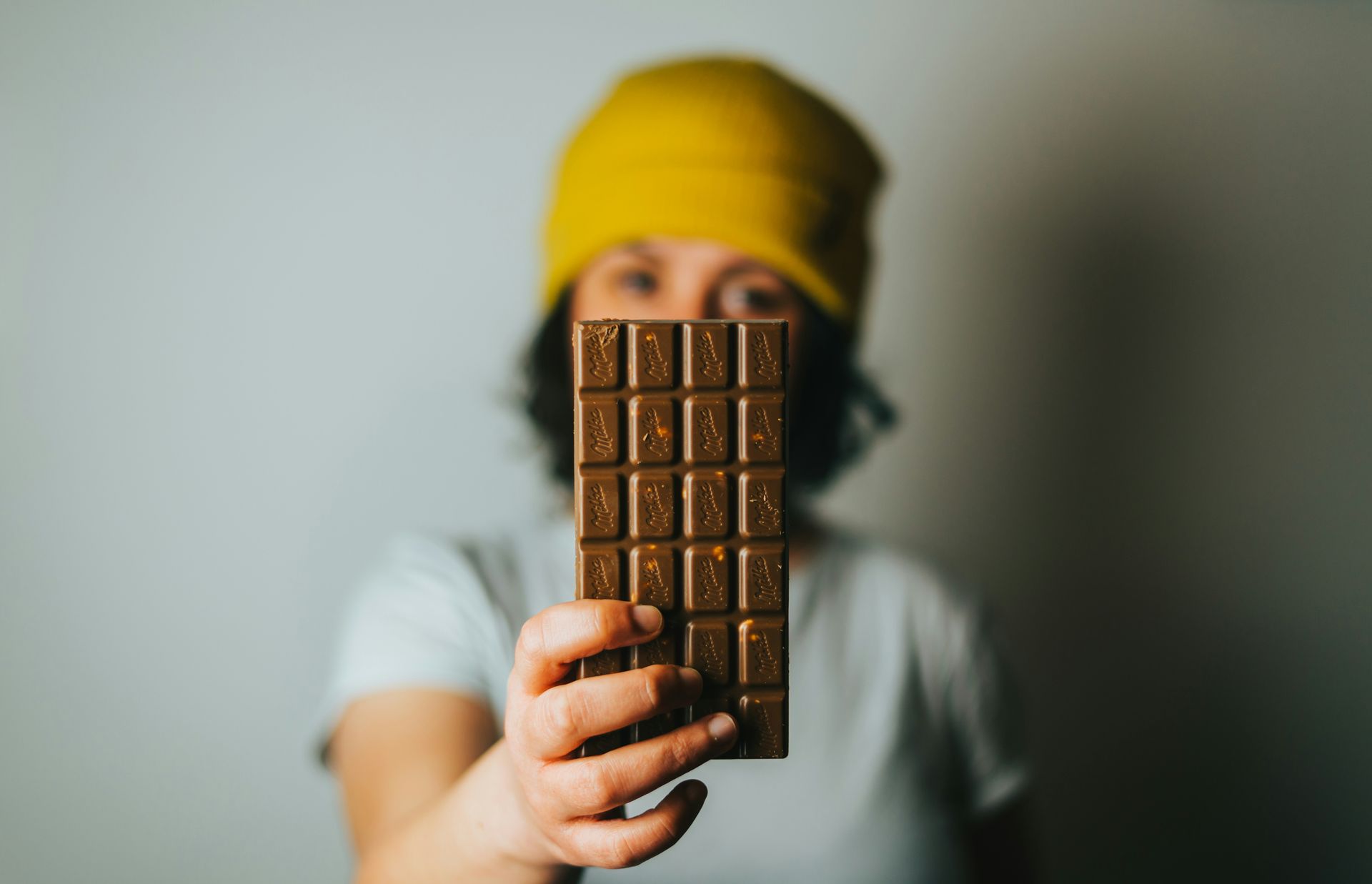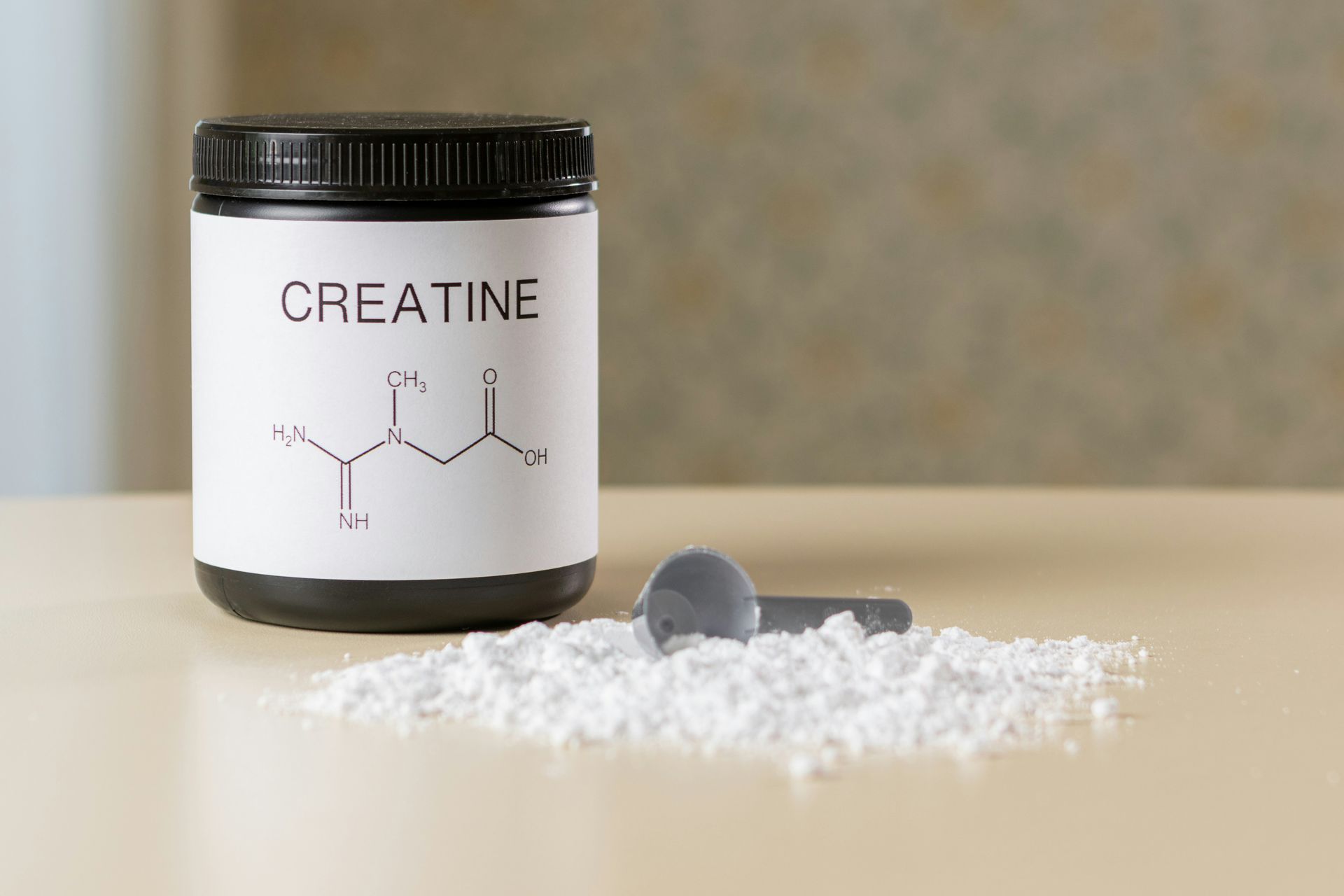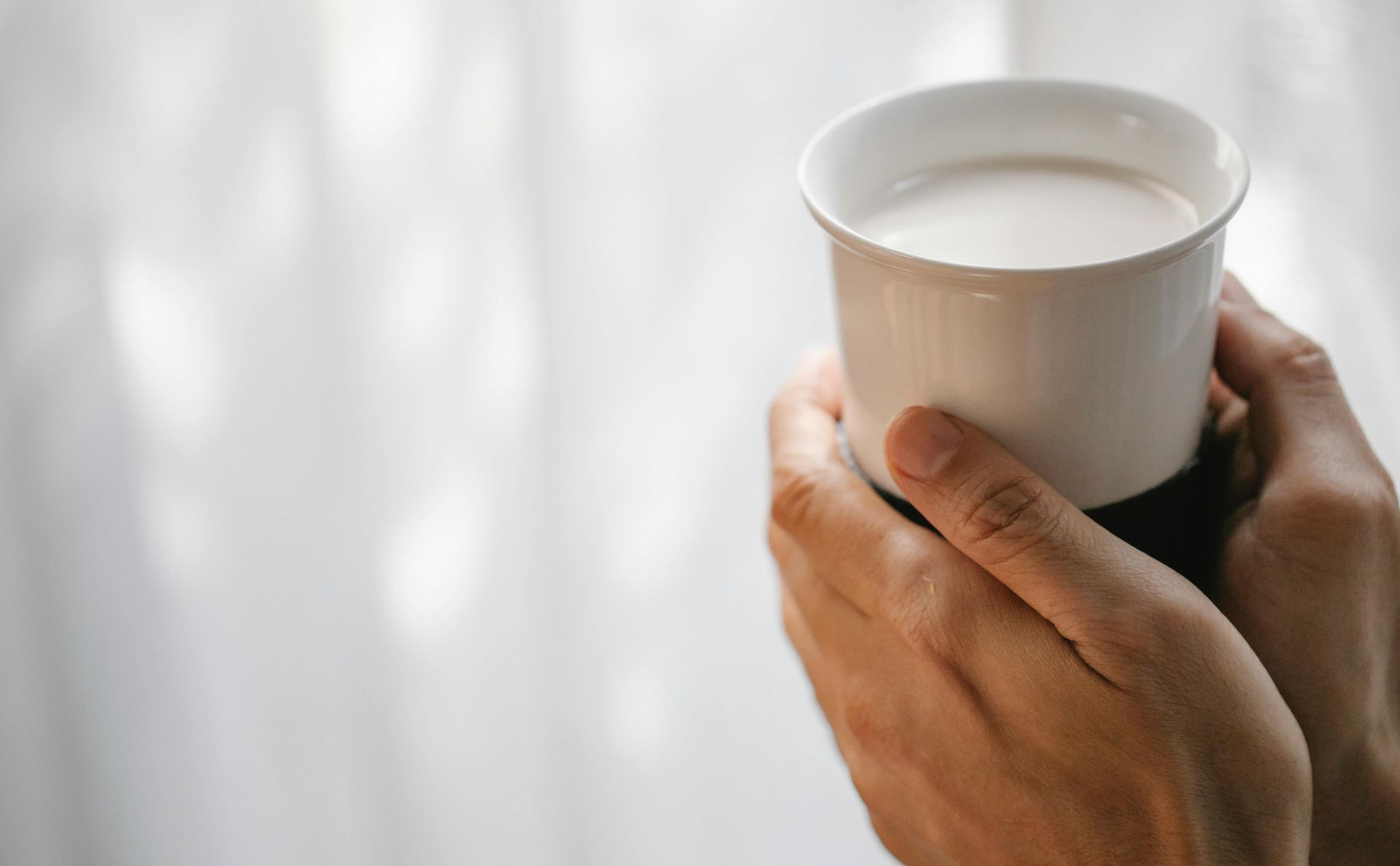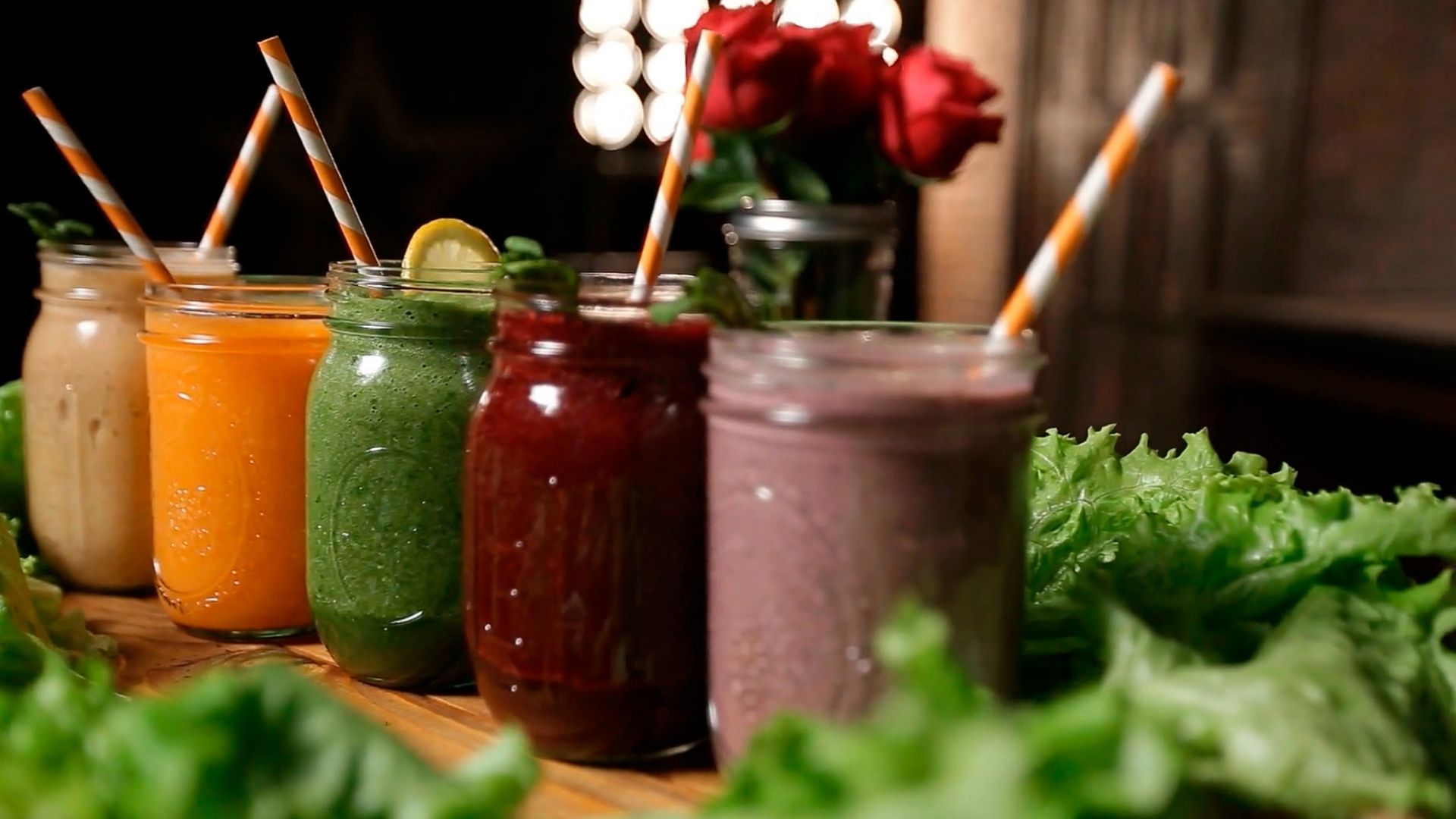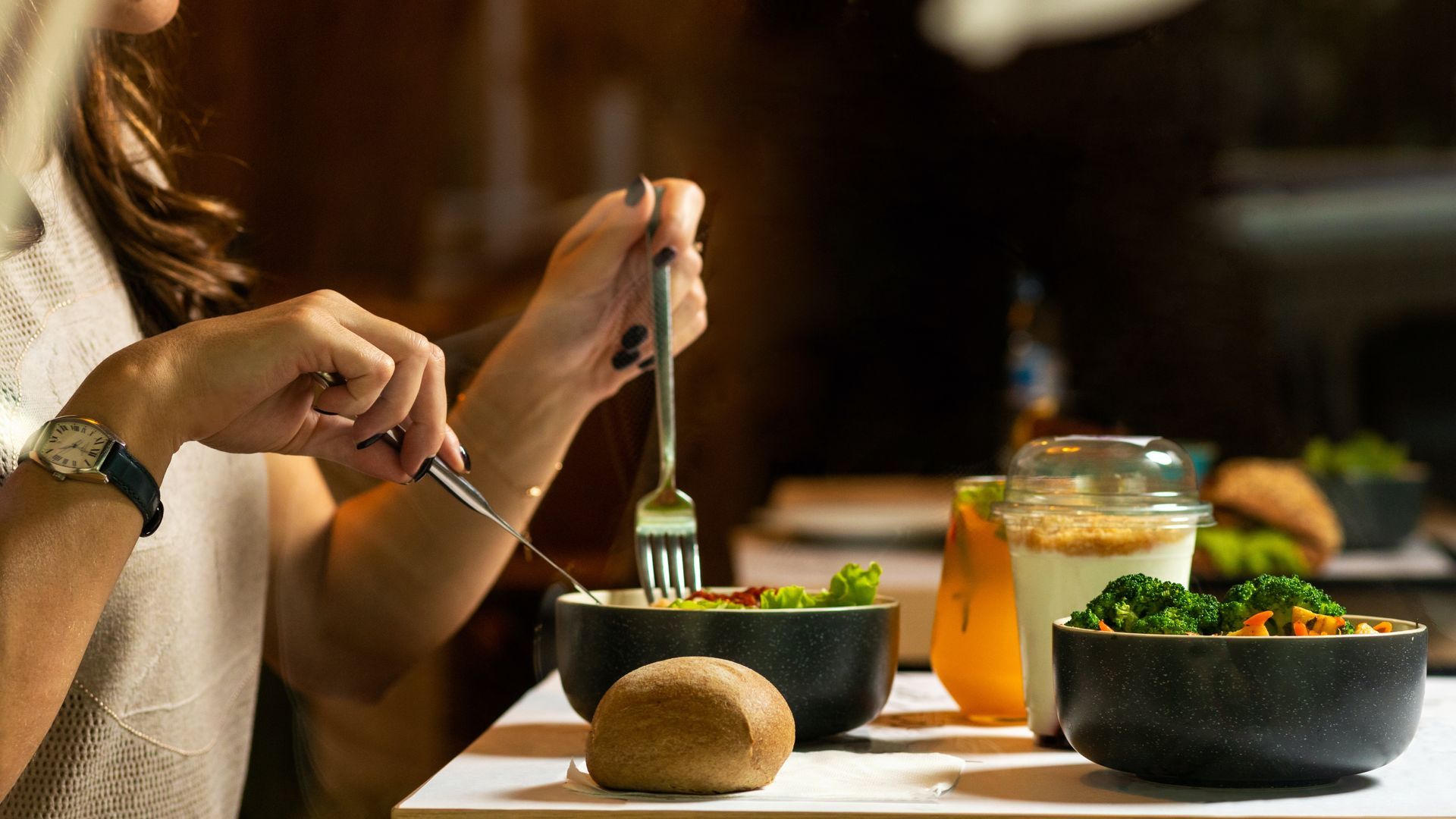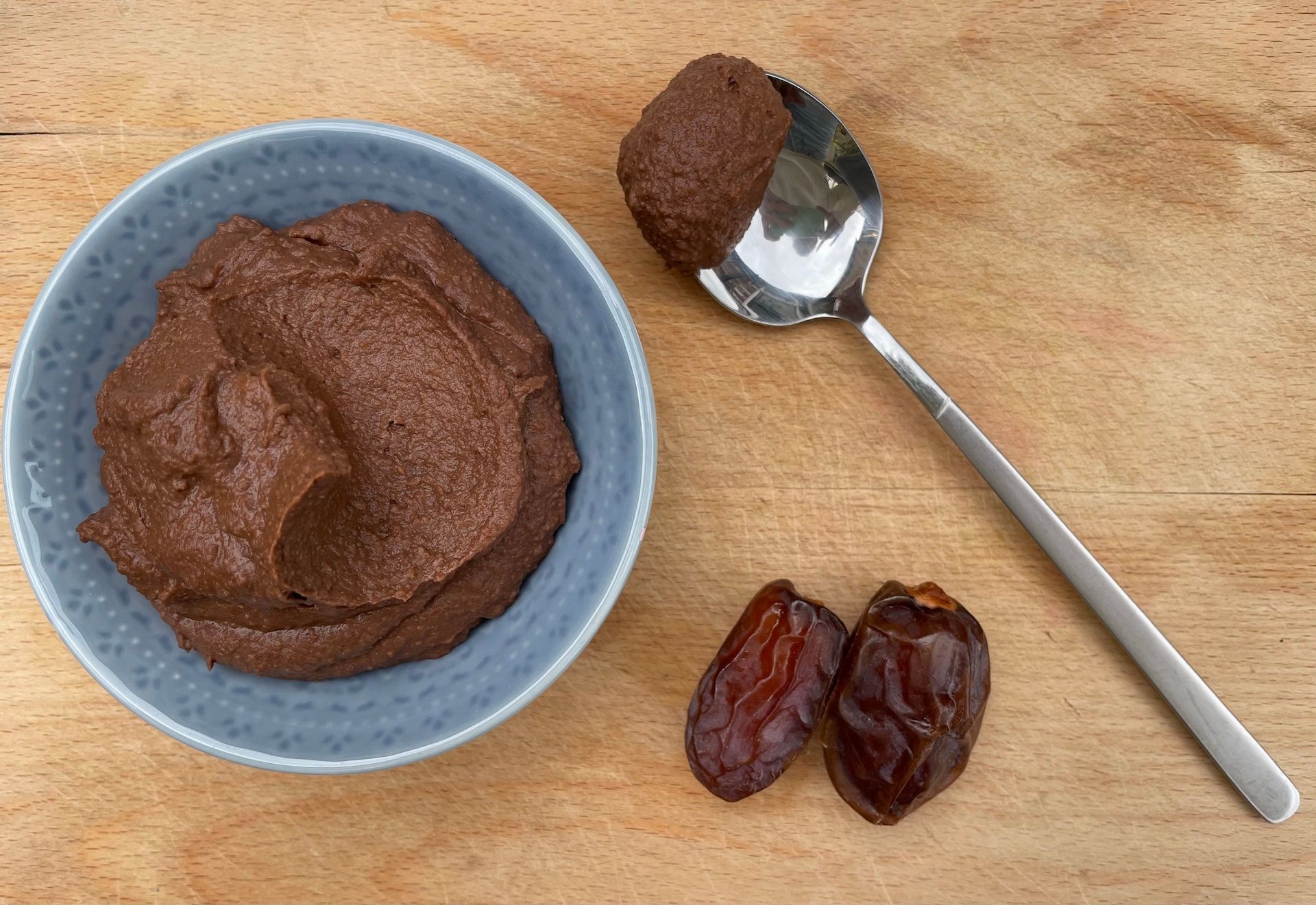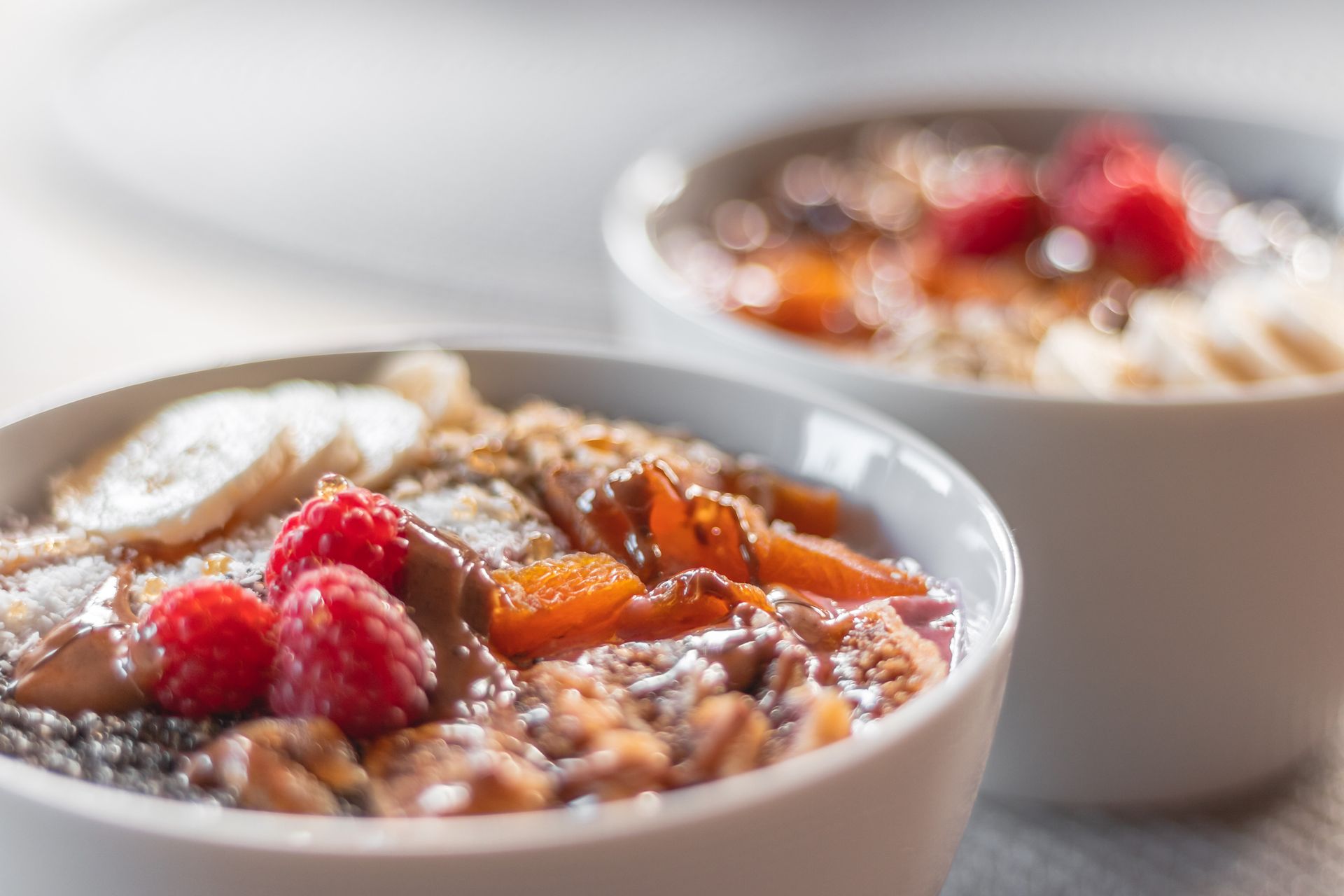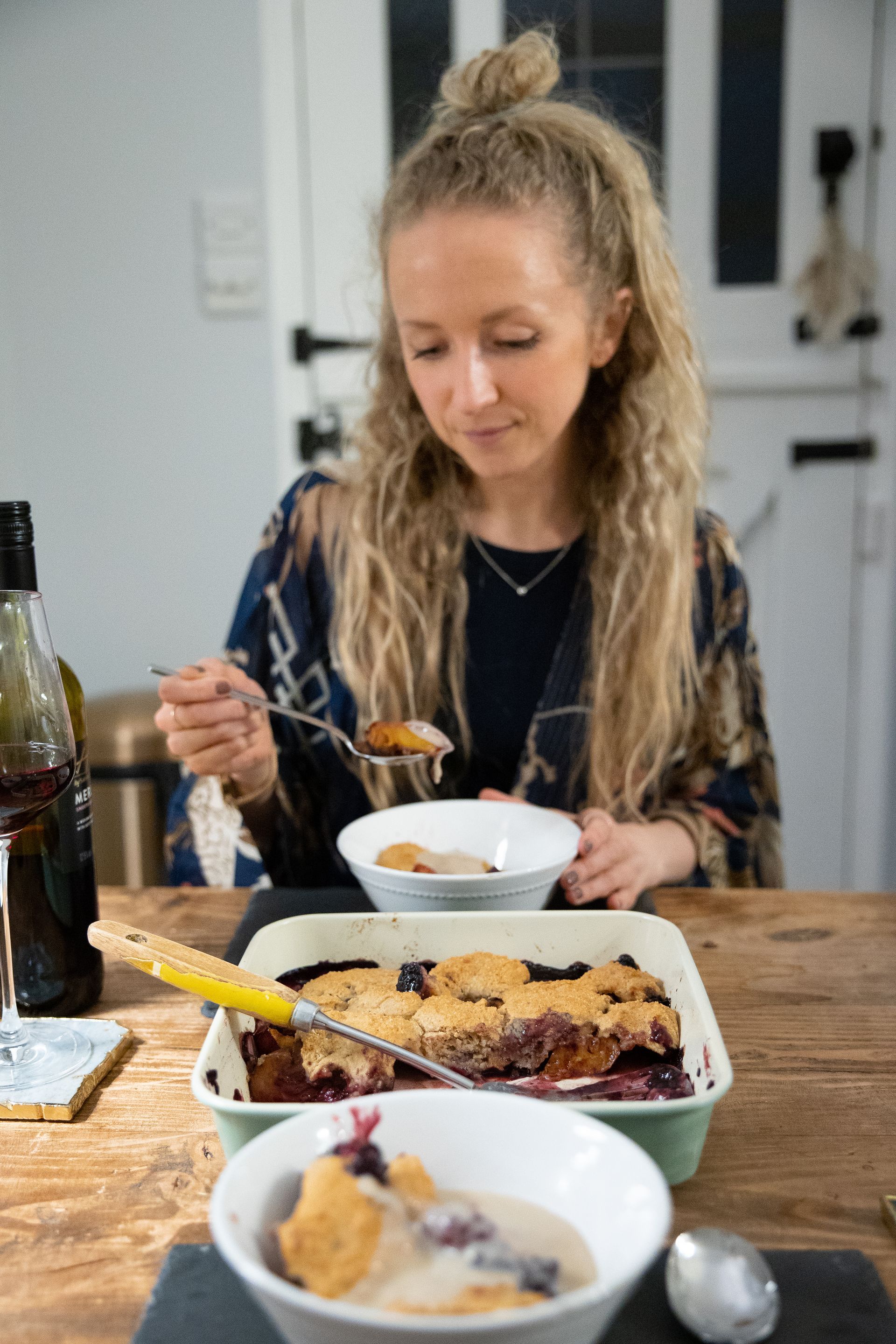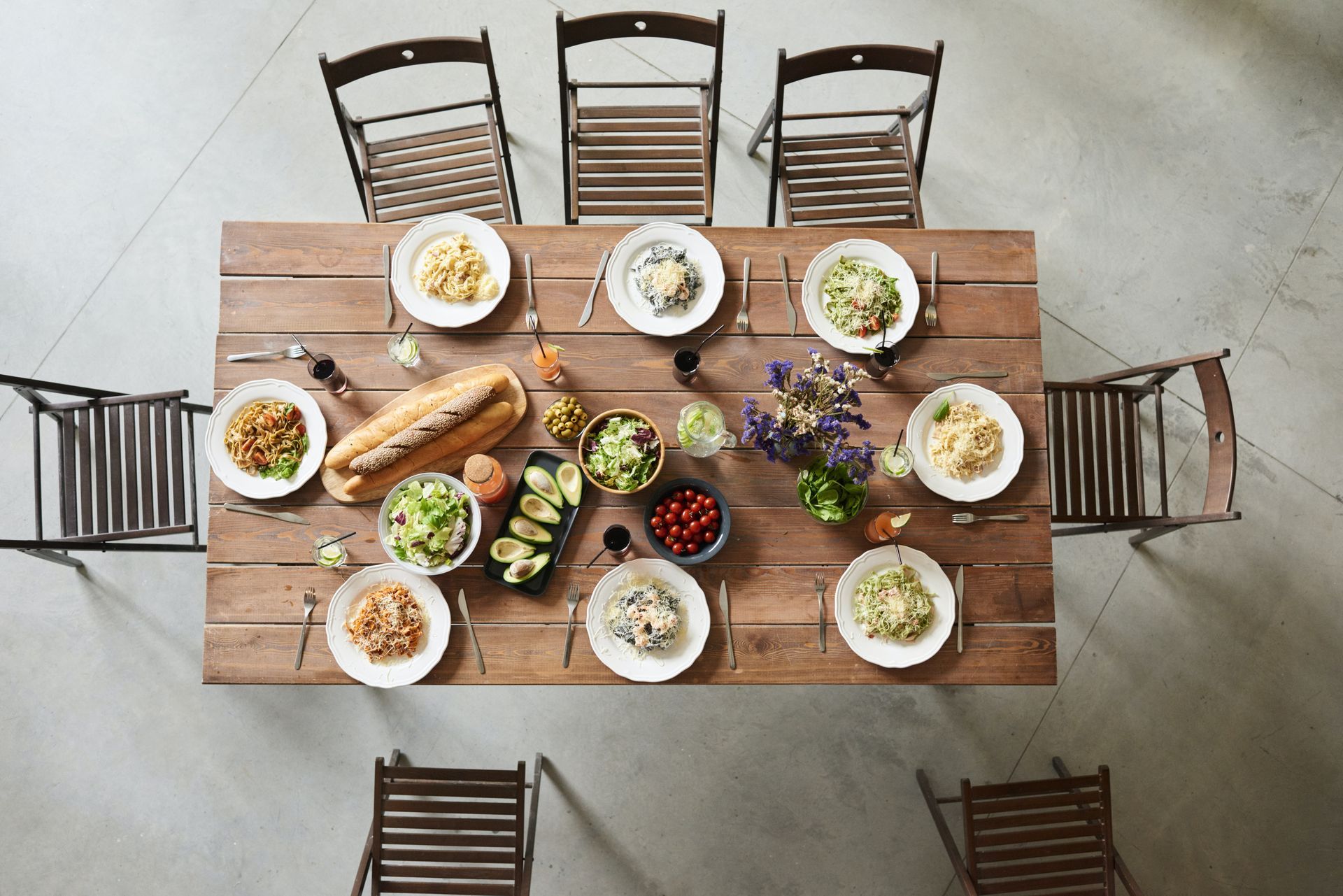Say Hello
Join our newsletter
Join our newsletter
Eat Well Sleep Well
Nutrition and Sleep
Most of us are aware that nutrition and sleep are two very important pillars of a healthy life. But does one really impact the other? How significant is this? And what should we be doing to improve them both? Here is all you need to know on how to eat well and sleep well.
Does diet impact sleep?
The impact of diet on sleep is inherently difficult to study. Both nutrition and sleep are complex processes that involve a number of body functions working together. Despite this, research suggests that getting enough macronutrients (think of protein, fat and carbohydrates), micronutrients (like B vitamins and antioxidants) and minerals (such as iron and calcium) is key to supporting all body functions to allow us good sleep. In fact, shortages of nutrients including calcium, magnesium, and vitamin D appear to be associated with shorter sleep duration (1). Although the research doesn’t prove cause and effect, this may be due to the link between nutrient deficiencies and altered hormone production; hormones are important chemicals produced by our body that help send us off to sleep (amongst many other important roles!).
Refined carbohydrates may also play a role in poor sleep. Processed and high sugar foods such as white carbohydrates and sugar-sweetened foods and beverages may impact sleep quality; reducing the time we spend in ‘deep sleep’ (2).
One of the most studied diets out there is the Mediterranean diet. This diet is predominently plant based and typically high in fresh fruits, vegetables, wholegrains, beans, pulses, nuts and seeds, and low in animal products and processed foods. The Mediterranean diet has been found to improve sleep quality (3). Take note that this is certainly more to do with the fresh, whole plant foods than any pizza or red wine!
Diet and lifestyle can also impact severe sleep disorders such as Obstructive Sleep Apnoea (OSA). Obesity is a crucial risk factor for sleep apnoea, and alcohol is also known to exacerbate the condition through impairment of muscle tone (4).
Does sleep impact diet?
Sleep is necessary for survival. Sleep allows our bodies to rest and recover, and it also has an impact on our nutrition and body weight. Research shows an increased risk for obesity and increased waist circumference in individuals with short sleep duration (5,6). Central adiposity is a further risk factor for cardiovascular disease. This effect may be due to the tendency to consume more food with reduced sleep time, as well as selecting higher calorie foods for extra energy to get through the day (7). In fact, the specific appetite regulating hormones, leptin and ghrelin, are negatively impacted following a period of sleep deprivation (8).
In addition, you may well have found out for yourself that sleep deprivation impacts your ability to concentrate, your mood and your decision making. Unsurprisingly, these can all have a significant influence on our motivation to shop, plan, and cook nutritious meals.
What can I do to improve nutrition and sleep?
First of all, create a regular sleep routine. Carve out an 8 hour window each night to allow yourself the opportunity to sleep. Little things like blocking out lights, avoiding screen-time just before you sleep, and doing a relaxing activity before lights-out, such as yoga, meditation or petting an animal, can all support a healthy sleep pattern. These tools are known as ‘sleep hygiene’ (9). Other tips include getting some daylight first thing in the morning and ensuring a decent bout of physical exercise during daylight hours.
When it comes to your food, the evidence points to getting a balanced diet that includes more fresh plants. Make sure you are reaching and exceeding the recommended 5 portions of fruits and vegetables a day where you can. Choose whole grain carbohydrates, and plenty of beans, pulses, nuts, seeds, herbs and spices. Avoiding or significantly reducing animal products and processed foods with added salt, fat and sugar wherever you can is also advised. Make sure you are not eating or drinking right before you hit the hay, particularly stimulatory foods such as alcohol, caffeine, spicy foods or chocolate, as this can also impact on your quality of sleep and ability to manage your body weight (10).
Are there any specific foods that will help me sleep?
There is no silver bullet or single food that will guarantee you a good night’s sleep. Research does however give us some interesting clues. Preliminary research has suggested that consuming tart cherries, or 2 kiwifruits 1 hour before bed, could improve the quality and duration of your sleep (11).
Rosie’s top nutrition and sleep tips
- Increase your intake of whole plant foods
- Avoid or significantly reduce animal products and processed foods
- Leave a window of at least 2 hours between your final meal and getting your head down
- Try to reduce intake of stimulatory foods and drinks in the evening e.g. caffeine, alcohol
- Carve out 8 hours of protected time each night to allow yourself the opportunity to sleep
- Consider sleep hygiene – are you on your device late? Is your bedroom sufficiently dark, cool and quiet?
- Get some daylight early on in the day
- Make sure you have moved your body in some way during daylight hours
- Relax - implement the tips above as best you can, one by one, and let your body do the rest
When we become aware of the connection between how we sleep and what we eat, we gain an opportunity to consider our behaviours and make smart decisions to reach a healthier and happier way of life with good food and good sleep.
If you’re affected by poor sleep, you can find more information at: The Sleepy Head Clinic
If you want advice and support with your nutrition and lifestyle, or with moving to a more plant-based diet, you can book in for a consultation with Rosie. Just click here to request a free 15 minute chat
Sleep tight x
Rosie is a plant-based registered dietitian working both in the NHS and freelance. You can contact her with any queries via Rosemary Nutrition & Dietetics on rosie@rosemarynutrition.co.uk
References
- https://www.ncbi.nlm.nih.gov/pmc/articles/PMC6835726/
- https://www.ncbi.nlm.nih.gov/pmc/articles/PMC5015038/
- https://www.ncbi.nlm.nih.gov/pmc/articles/PMC7284844/
- https://www.msdmanuals.com/professional/pulmonary-disorders/sleep-apnea/obstructive-sleep-apnea
- https://www.sciencedirect.com/science/article/abs/pii/S1389945714003906?via%3Dihub
- https://www.ncbi.nlm.nih.gov/pmc/articles/PMC4507732/
- https://www.ncbi.nlm.nih.gov/pmc/articles/PMC3763921/
- https://pubmed.ncbi.nlm.nih.gov/15583226/
- https://www.sleepfoundation.org/sleep-hygiene
- https://www.ncbi.nlm.nih.gov/pmc/articles/PMC3756673/
- https://www.ncbi.nlm.nih.gov/pmc/articles/PMC5015038/
